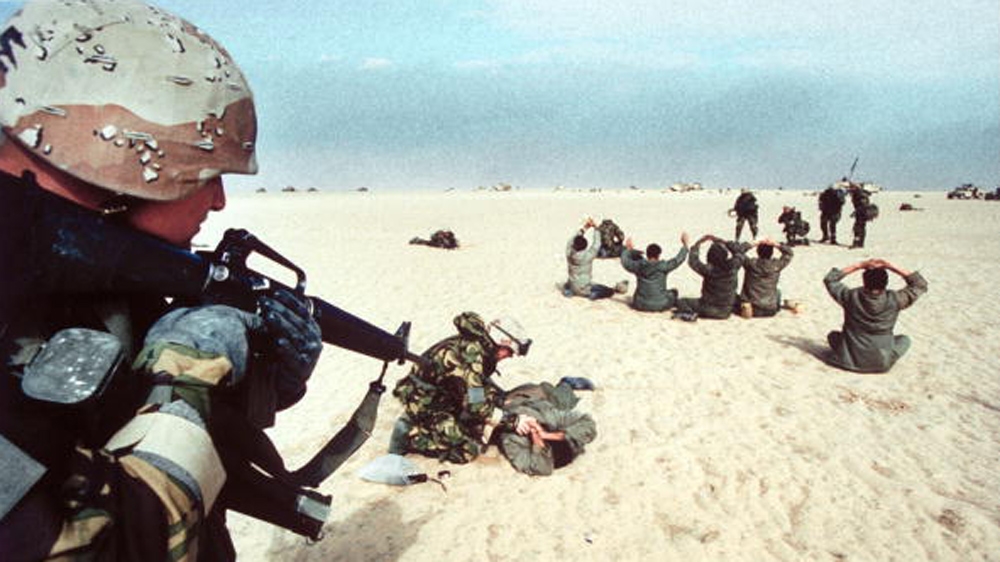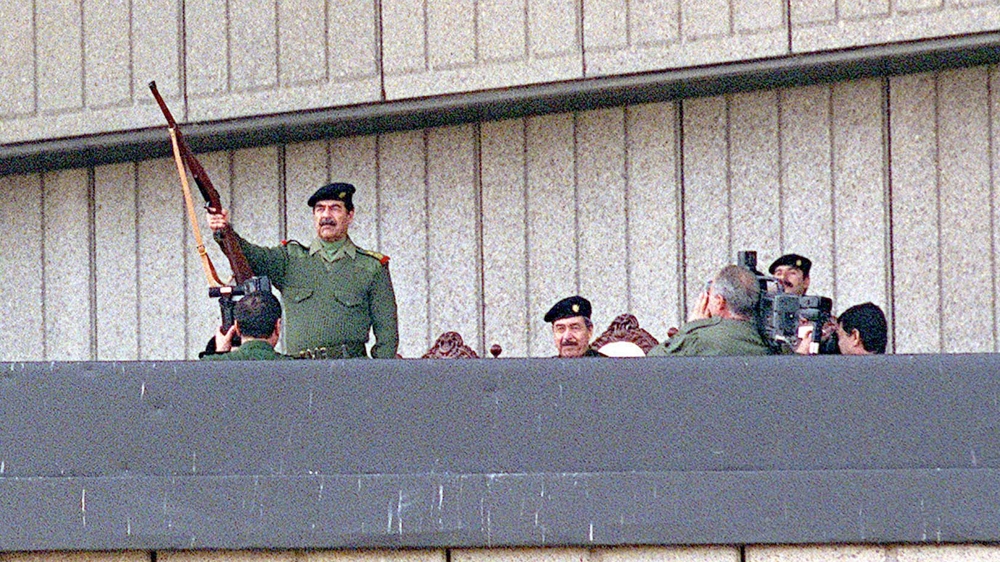Link
بعيداً عن السؤال المركزي بشأن فرص نجاح الاتفاق الروسي/ التركي حول وقف إطلاق النار في سورية، والذي تجاهل إيران، والسؤال الآخر الأهم بشأن نجاح فرص التفاهم الروسي/ التركي/ الإيراني الذي تجاهل واشنطن والاتحاد الأوروبي والرياض والدوحة، نجد أنفسنا أمام حدثٍ جديدٍ ومباغت، لم يكن أحد يفكّر فيه قبل "ملحمة حلب الكبرى" التي كان هدفها تحرير حلب من الروس والنظام والإيرانيين، فإذا بالمحرّرين يتحوّلون إلى محاورين للروس والإيرانيين والنظام بشأن وقف إطلاق النار، يستعيد محاولة فبراير/ شباط الماضي الفاشلة التي توافقت الدول الكبرى والإقليمية والعربية مع الطرفين السوريين المتحاربين، وعبرت عن توافقها عليها من خلال قرار مجلس الأمن 2254، من دون أن توفر له الزخم الكافي، فهل الاتفاق الجديد الذي تقف وراءه روسيا ضامن النظام، وتركيا ضامن الفصائل، سيتكفل بوقف الحرب، على الرغم من إبعاد إيران والنظام عن مداولات أنقرة، وإشراف الرئيسين، الروسي فلاديمير بوتين والتركي رجب طيب أردوغان اليومي عليها، وإبقاء أو بقاء الولايات المتحدة بعيدة أو مستبعدة عنها، وكذلك اوروبا والمملكة العربية السعودية ودولة قطر؟
تنبع أهمية الاتفاق الصغرى من بنوده المتفق عليها، والكبرى من تبدّلات مواقف الدول المنخرطة في الصراع السوري، بعد نجاح روسيا في إقامة وضعٍ تعتقد أنه يتيح لها التحكّم بحسابات (ومصالح) الأطراف التي تخوض حرباً مباشرة في الساحة السورية، وهي روسيا وإيران وتركيا والنظام والفصائل المعارضة، وتنظيمات مرتزقة طهران.
روسيا: وضعت نفسها في موقع يتيح لها الإمساك بخيوط المتحاربين مباشرة، أو من خلال تركيا، بما في ذلك خيوط الفصائل المعارضة التي تحولت من مقاتلة روسيا إلى مفاوضتها، ومن المراهنة على إخراجها من سورية بالقوة إلى القبول بها حاكماً على الشأن السوري، تتعامل معه باعتباره طرفاً تأمل أن يمكّنها من بلوغ بعض أهدافها المعادية للأسد وإيران. وقد أجرت موسكو تبدلاً مهما في موقفها، بعد عام اعتبرت فيه كل مقاتل ضد النظام إرهابياً، وها هي تتفاوض معها على مستقبل هذا النظام وسورية، بصفتها طرفاً عسكرياً، وسياسياً لديه شرعية تمثيلية في نظر الروس، بينما سيرى هؤلاء منذ اليوم في الأسد مجرد طرف سوري آخر، لم يعد الممثل الشرعي الوحيد والمعترف به للدولة السورية! تعتمد روسيا في نجاحها ضد مقاومة إيران مشروعها على تكامل موقفها مع موقف الرئيس الأميركي المرتقب، دونالد ترامب، المرجح، والذي سيمكّن موسكو من تسويق نفسها منقذاً للملالي الإيرانيين من بطش أميركا التي لن تبقي لهم اي موقع في المشرق، ومن مصلحتهم قبول ما يبقيه الكرملين من دور ومكانة سورية لهم، وإلا انحاز إلى ترامب وأخرجهم، بالتعاون معه، من سورية وبقية محافظاتهم العربية، وتركهم لمصيرهم المحتوم، بعد نقل معركتهم الخارجية إلى داخل إيران.
إيران: هي الطرف الرئيس الذي لا يريد حلاً سياسيا في سورية، ناهيك عن حلٍّ يتم بين النظام
تركيا: بدأت تركيا تحصد النتائج الإيجابية لانعطافتها نحو موسكو، وتنسيقها معها في الشأن السوري. ولعل أولى الثمار التي ستجنيها تتمثل في الاتفاق مع جارها الشمالي على إحباط أي مسعىً لفدرلة الدولة السورية، أي لإقامة كيان كردي على حدودها الجنوبية، وفي حصول أنقرة على دعم روسي لحربها ضد "داعش"، ولمنطقتها الآمنة، كما قرّرت إقامتها شمال سورية. بينما أثبتت أنها صاحبة الكلمة والتأثير الأكبر على جميع فصائل المعارضة المسلحة التي أخذت تمارس، بعد حلب، تنسيقاً مفتوحا معها، قرّر الذهاب معها إلى نهاية الشوط في كل ما يتعلق بتفاهماتها السورية مع الروس. أخيراً، نجح الرئيس أردوغان، ليس فقط في إخراج مفاعيل المعضلة السورية المدمرة من داخل بلاده، وشرع يلعب دوراً مقرّراً في سورية والعراق، بل وأبعد كذلك روسيا عن إيران، وإنْ بصورة نسبية، وتحول إلى شريكٍ قوي لها في أي جهد يتصل بحل الصراع، بما في ذلك العربي والإقليمي منه، وفتح الباب أمام مشروع استراتيجي يجمعهما، يرجح أن يعين صورة المشرق الجديد، ويضمن دعم أنقرة ضد ضغوط أميركا، من دون إفقادها خيار التفاهم مع واشنطن، في زمن لا بد آتٍ.
الفصائل: لعل التطور الأهم سيتجلى، من الآن فصاعداً، في التبدّل الذي أصاب أداور سياسيي
روسيا جادة في جني ثمار عدوانها على سورية، وستفعل كل ما هو ضروري لإرغام الجميع على قبول خطتها لوقف إطلاق النار، ليس لانها حريصة على السوريين، دولةً ومجتمعا، بل لأن نجاحها هو الذي يضمن بقاءها في سورية قاعدة لها، يمكنها الانتشار منها إلى المنطقة، ومن المنطقة الى بلدان كثيرة، وهو الذي يخرجها من واقعٍ شديد الهشاشة، ستغرق فيه أكثر فأكثر، إذا واصلت حربها المفتوحة ضد الشعب السوري التي تحمل علاماتٍ على أن جيشها ليس حصيناً ضد استنزاف أشد بكثير مما تعرّضت له في أفغانستان.
ويبقى السؤال: هل يفتح وقف إطلاق النار الشامل طريق الحل السياسي، أم يكون هو الوضع المنشود الذي تهدّد استمراره خلافات الروس والإيرانيين والأتراك، ومواقف واشنطن وبروكسل والرياض والدوحة.








